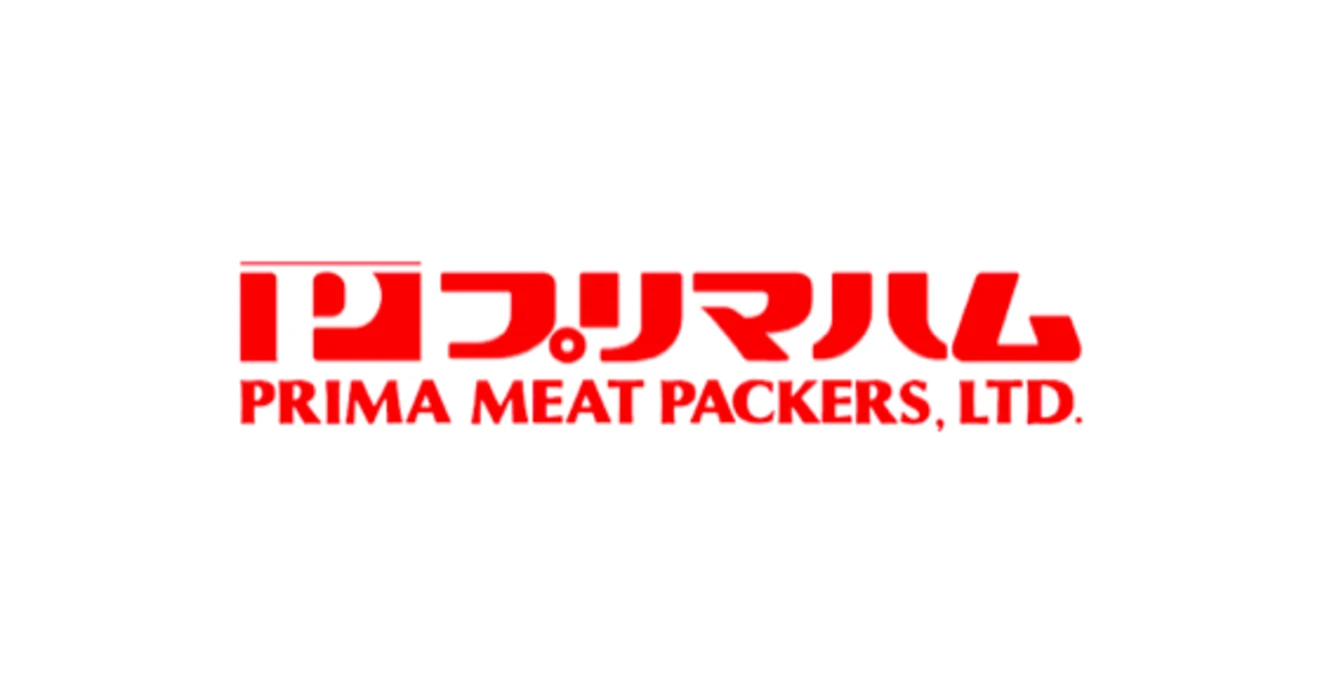Prima Meat Packers Ltd
Key Information
HQ:
Japan
Market Cap:
$0.78bn
Primary Market:
Asia
Business Type:
Protein Producer
Company Information
Company Summary
Prima Meat Packers is a Japan-based company principally engaged in the production and sale of meat products and processed products. The Company operates in two business segments. The Meat Business Division segment is engaged in beef production and related business, as well as the processing and logistics of meat. The Processed Food Business Division segment is engaged in the manufacture and sale of processed foods, the supply of side dishes, the sale of hams and sausages and other related products
Revenue
Total revenue:
$3.2bn
Revenue by Geography
Revenue by Protein
Revenue by Product Type
Disclosures
CDP ScoresLast Reviewed: 16/10/2024
| CDP Climate | CDP Forests | CDP Water |
|---|---|---|
| Yes | Yes | Yes |
Science Based Target initiativeLast Reviewed: 16/10/2024
| Target classification | Status | Date |
|---|---|---|
| Has not set SBT | - | - |

